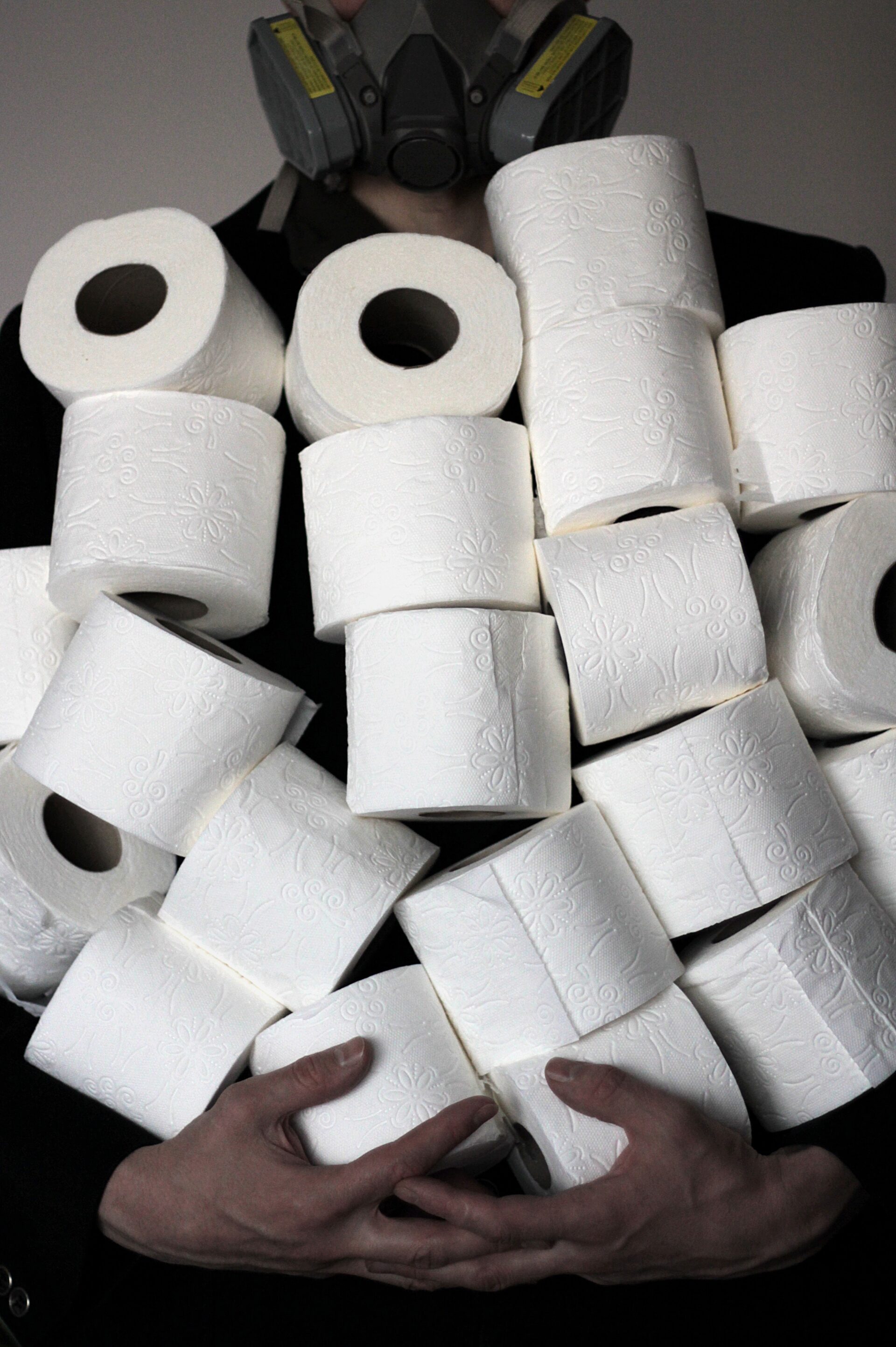Diderot Effect – What Makes You Want More and More

The Diderot Effect states that the introduction of a new possession that is deviant from the consumer’s current complimentary goods can result in a process of spiralling consumption leading to acquiring newer things
Denis Diderot, the famous French philosopher lived most of his life impoverished
In 1763, Diderot’s daughter was about to be married, but he could not afford a dowry. Diderot was the co-founder and writer of one of the most comprehensive encyclopedias called Encyclopédie.
Catherine the Great, Empress of Russia, offered to buy his encyclopedia from him for £1000 and he agreed
Voila, Diderot had money to spare.
He purchased a new scarlet robe.
That’s when everything went south
Rather than feeling content, Diderot fell into a spiral of dissatisfaction. He even said there was “no more coordination, no more unity, no more beauty” in his life because the rest of his belongings did not match up to the scarlet robe
So he began to acquire more. His old rug was replaced with a new one from Damascus. He purchased beautiful sculptures & decorated his home. He bought a better kitchen table. He bought a new mirror and his straw chair was replaced by a leather chair.
Soon he was buying unnecessary things and increasing his debt. Most importantly, dissatisfaction.
…….The Diderot Effect
The Diderot Effect states that the introduction of a new possession that is deviant from the consumer’s current complimentary goods can result in a process of spiralling consumption leading to acquiring newer things. As a result, end up purchasing things that were not needed earlier to feel happy
The Love For Products We Don’t Need!
Remember you bought a new car and ended up buying all kinds of extras with it. You bought a new seat cover, a new mobile holder, a new steering wheel cover, a car charger, a new stereo and so on
You had an older car but never felt the need to buy the products listed above. I had my older car for 15 years and I never felt the need to indulge in some of the products. However, after I picked up my new car, I found myself in the same downward spiral as the Diderot.
This behaviour is commonplace
I bought new trousers, socks, shoes to go along….and a belt too
I bought a cycle, then I also picked up two helmets, knee guards, water bottles etc.
Most people want more. Reductions & simplifications are not our strengths. Our natural tendencies are always piling up, adding, updating and updating.
According to sociology professor Juliet Shore, “the pressure to increase our possession relentlessly is one-way and is increasing.”
Ways to Handle
- Find ways to simplify and eliminate the things that don’t matter
Products that you don’t need, eliminate them as they don’t serve any purpose except occupying space.
- Reduce exposure to advertising and cues
Most habits are triggered by a stimulus. You can delete a shopping app. You can unsubscribe from offer emails. Block the pesky texts. In effect removes all possible cues
- Avoid Inducements
As marketers, we intend to give you enough reasons to buy. It can be trends, discounts, cash backs etc. Don’t fall for it
- Purchase the item that fits your current system.
Don’t try to start over every time you buy something new. Be it clothes, furniture or electronics, buy things that go with the existing schema
- Set your limits
Set your limitations of products to have and the spends of course. Learn to work within that. Live life carefully with limitations and create boundaries on the work within.
- Buy one, reduce one
When you buy something new, give the older product away. The intention is to avoid hoarding stuff that you don’t need. Avoid increasing the number of things.
- Let Desire Not Overcome You
We all have desires and we should not let them own us. You have a 100cc bike but now you want a Harley. But you don’t need it. Recognize that desire is just a choice the mind gives you, and not an order to obey.
- Avoid Consumer Trends
Our natural tendency is to consume more, not less. Given this trend, I believe active action to reduce the flow of unquestionable consumption will improve our lives.
In Diderot’s words, “Let my example teach you a lesson. Poverty has its freedom; wealth has its obstacles.”



